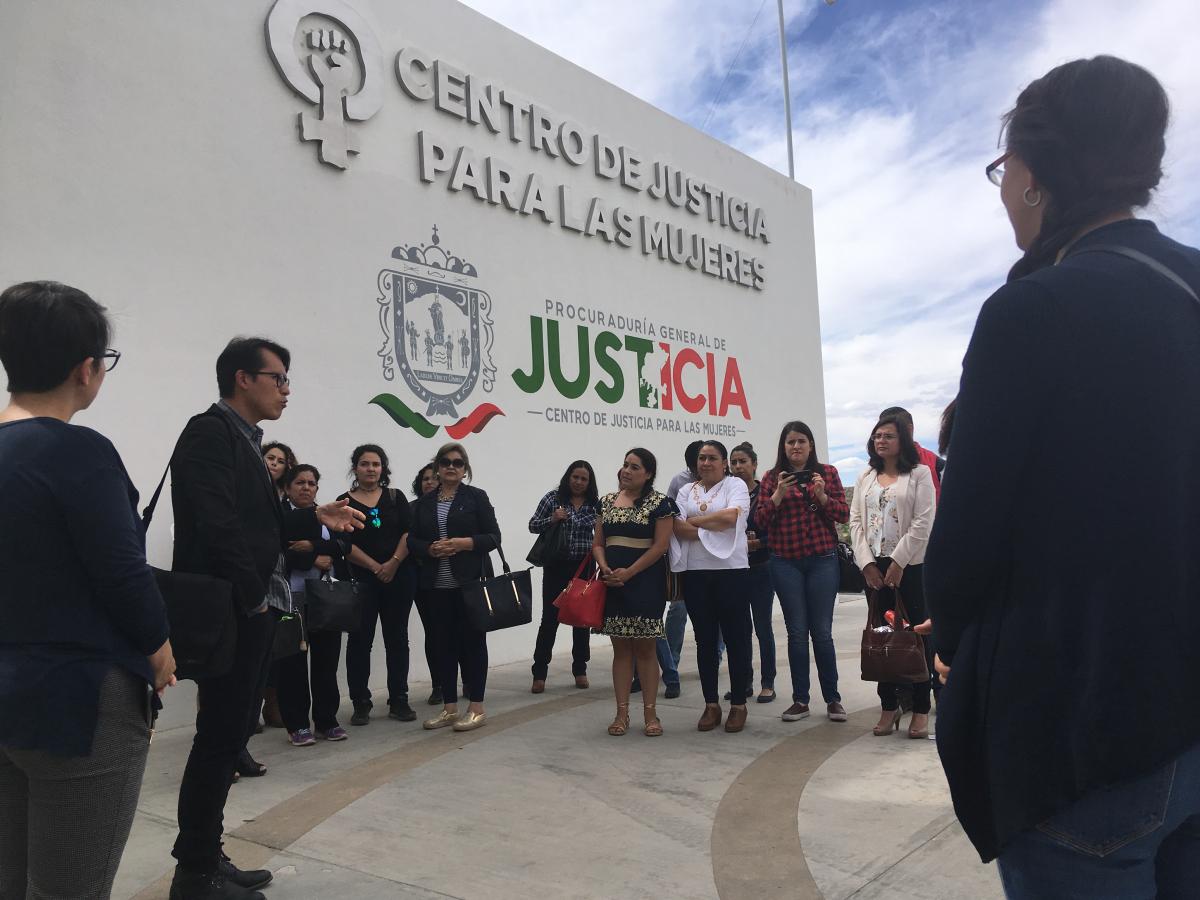In 2008, the Government of Mexico (GOM), under increasing pressure from justice sector stakeholders and civil society networks, approved constitutional reforms mandating the nation-wide adoption of an adversarial criminal justice system. The reforms required all state and federal jurisdictions to implement justice reforms by June 2016, and to improve the transparency, effectiveness and efficiency of criminal justice proceedings, while protecting due process, promoting assistance to crime victims and strengthening human rights. Since the 2016 transition, USAID has focused on the consolidation of the reform at the state level, with an emphasis on decreasing high levels of impunity through prioritization of investigative and prosecutorial resources.
USAID is supporting offices of State Attorneys General, State Courts, Women's Justice Centers, Public Defenders’ offices, pretrial service units, among other institutions, to increase the efficiency and effectiveness of criminal and civil justice systems, including developing analytical capacity, improving victims’ access to justice and building public support for the criminal justice system. USAID also works with civil society and private sector actors to support public outreach to inform the citizenry about the value of having transparent, efficient and responsive justice. USAID efforts focus on 11 states: Baja California,Chihuahua, Coahuila, Hidalgo, Jalisco, Nayarit, Nuevo Leon, San Luis Potosi, Sonora, Tabasco and Zacatecas (with more limited activities in Guanajuato and Querétaro).

USAID/Mexico supports the creation of standardized models that contribute to the operational improvement and enable evaluation of Women’s Justice Centers.
USAID/Mexico
